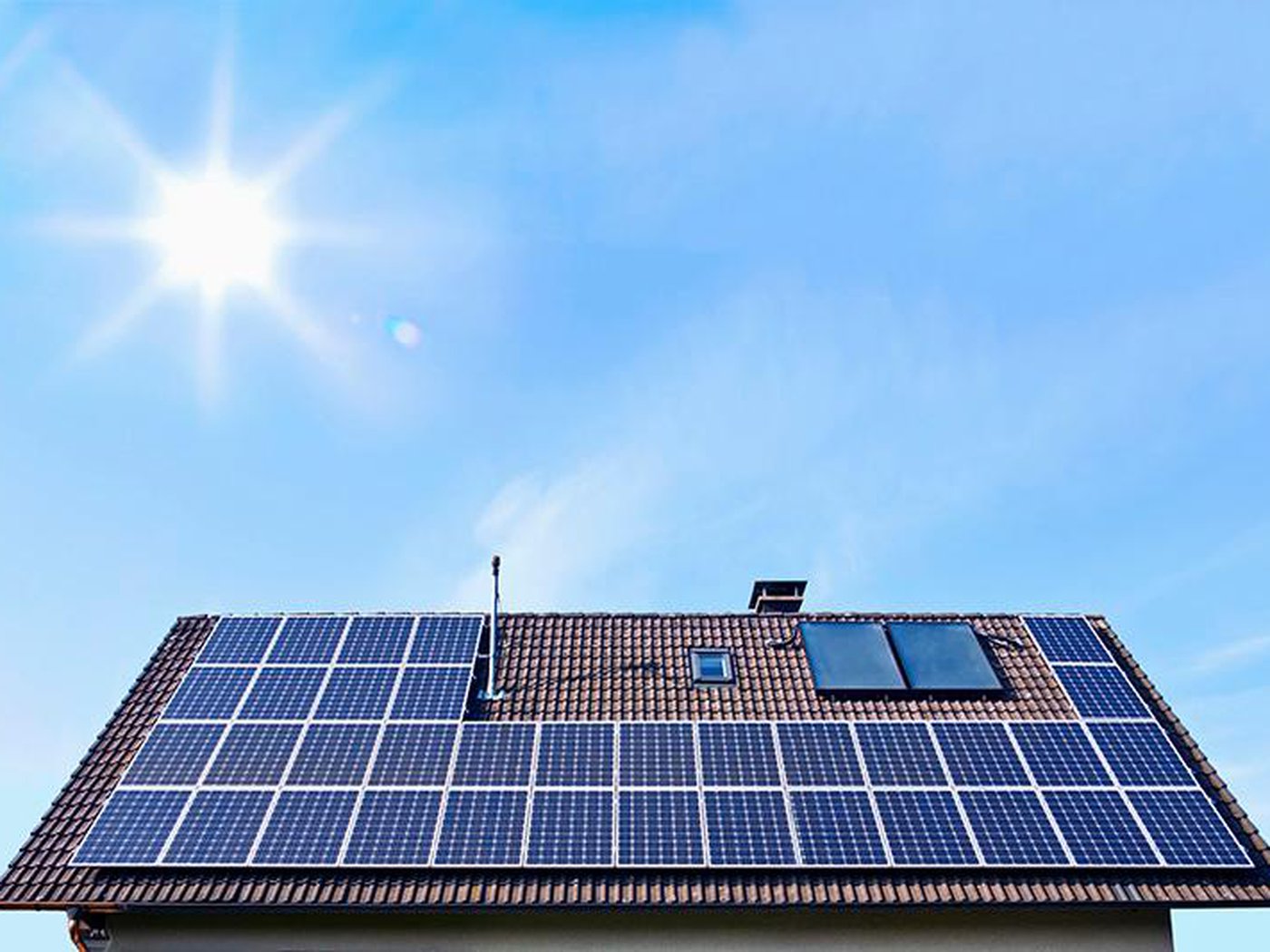The sun provides us with enough energy to power our homes. An hour and a half of sunlight can supply the world with enough energy to power all of its energy needs. Solar technologies like photovoltaic panels and mirrors capture the energy from the sun and convert it into electrical energy. Once converted, solar energy can be stored in batteries or thermal storage. Its benefits far outweigh the cost. Read on to learn about the different ways solar energy can be used to power your home.
In 1954, an American inventor, Russel Ohl, produced the first solar panel. It reached mainstream use in space satellites. However, most of us have probably seen solar panels at some point in our lives. Now, these devices have a broad range of applications and are used in everything from calculators to solar power plants. Although solar cells can still be found in calculators, today’s solar panels can power entire homes and commercial buildings. So what’s the downside?
In order to harness solar power, solar panels must be located in an open area that gets plenty of sunlight throughout the day. Cloudy climates typically have less sunlight during the day. However, cloudy days can make solar panels less efficient. So if you live in a typically cloudy climate or live in a place where winter is colder than summer, solar energy still works. Depending on where you live, you can even harness solar power to heat your home or business. It can also be used to provide electricity for a large power station.
As a result, solar panels are a viable option for homeowners looking to save money on their monthly energy bill. However, it’s important to keep in mind that the sun’s rays are small. Because of this, solar panels need to cover a large area to efficiently absorb useful amounts of energy. If you’re interested in solar energy, you’ll need to know how much sunlight is available per square foot of the earth’s surface.
In addition to solar panel technology, you can also use thermosolar power, which converts the sun’s radiation into heat. This heat can be used domestically for heating your home, cooking, and personal hygiene. This heat can also be converted into mechanical and electrical energy. This will help you save on electricity costs and save money at the same time. This technology has the potential to meet a much larger percentage of U.S. energy needs.
While solar panels can be as small as a few square feet, you’ll find that solar farms can be as large as acres of land. The benefits of solar energy are many and varied, from providing light to heating water for domestic use. Solar power is one of the cleanest renewable energy sources available. The conversion of sunlight into power creates no greenhouse gas emissions. This makes solar power an increasingly important part of a sustainable energy future. So don’t wait any longer – get started today!
Another way to get started with solar power is to research concentrating solar power plants. Concentrating solar power plants were among the first large-scale solar power plants in the United States, built in the California desert in the 1980s. Today, several concentrating solar power plants are operational or in the planning stages. These power plants use mirrors to focus sunlight onto heat-transfer material. The heat is then collected in a heat storage unit and used to power conventional generators.
A number of countries around the world have created a feed-in tariff program to help solar energy businesses compete in the electricity market. Germany implemented this program in 2004. The result was a boom in PV installations, thanks to a generous feed-in tariff scheme. This program rewards PV companies with a fixed price for their electricity, and encourages them to pass the savings on to end-users. However, the German government has found that the scheme has been far more successful than it originally expected, and political pressure is mounting for the tariff to be reduced even further.
Career opportunities in solar power are plentiful. A variety of occupations are available in the field, including research and development, manufacturing solar power materials, construction, installation, and maintenance. Of course, sales and marketing are also a vital part of the industry. However, many positions require no formal education or training. The pay of solar power jobs depends on how far the solar energy company is able to expand. So, it’s crucial to research jobs in the industry to determine which is right for you.




